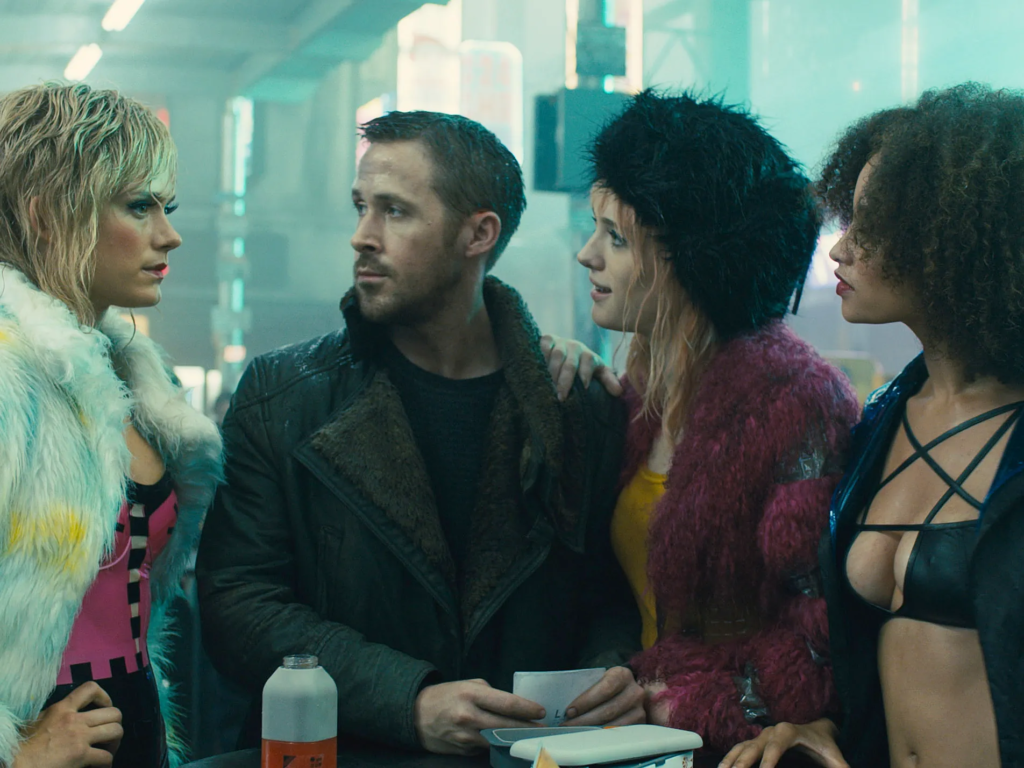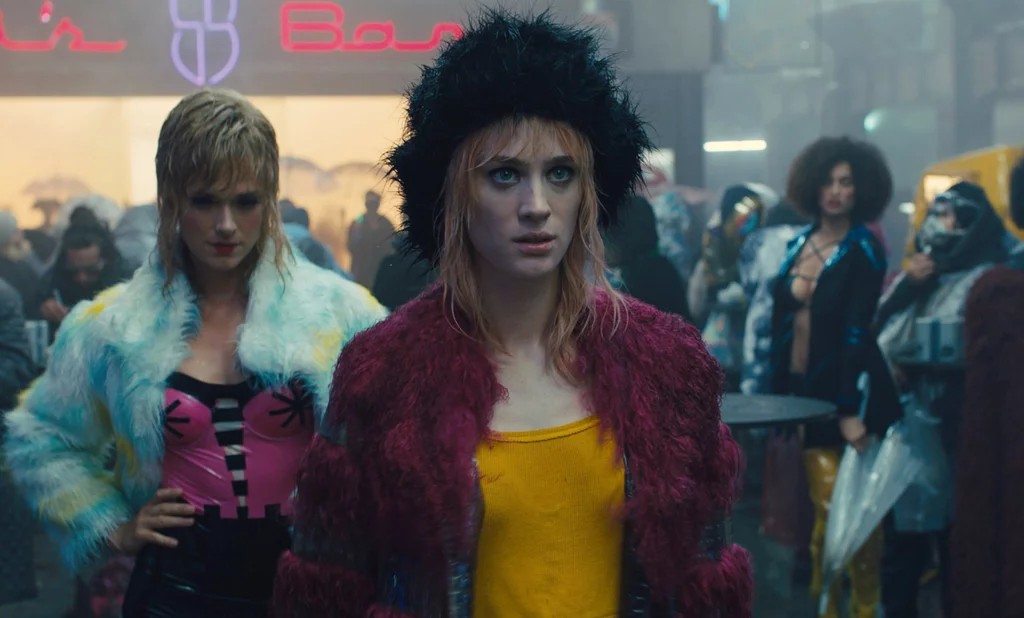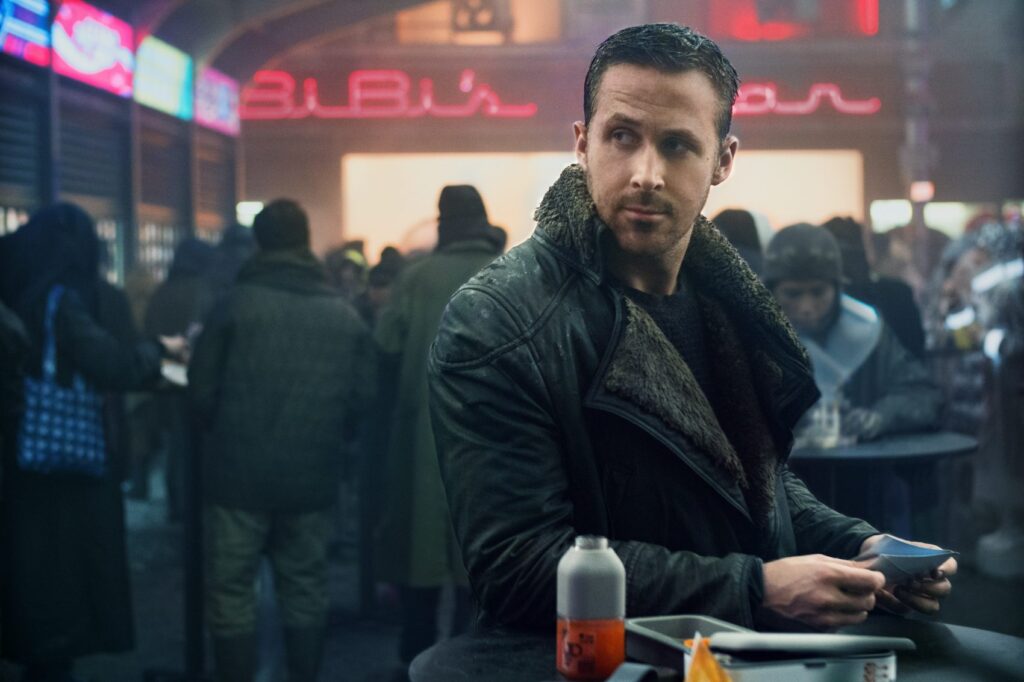1982’s “Blade Runner” raises various questions about human existence and humanity. Above all, it asks what it means to be a human? Although the film is noted for its wrong argument on whether Deckard is a replicant or not, “Blade Runner” is a great example of a dystopian existential tale. In “Blade Runner,” memories are an important motif throughout the film. In the voight-kompff test, Deckard asks questions to the replicants about their various memories. And in the end, Roy Batty delivers his famous monologue about his memories fading away like ‘tears in the rain’ as he dies. In simpler words, it is evident that Blade Runner portrays memories as a tool for identifying humanity. Humans live their lives with memories. We always cherish our good memories and try to forget the bad ones.
But it’s the memories which become the signifier of our humanity.
Memories Play a Key Role
Replicants have no memories of their own but have implants, which also might make them similar to humans unless those memories are taken from humans. Whether or not we call them human or can establish the notion that they have humanity is another argument, and I am not focusing on that. I am concerned that memories are like fragile elements for both replicants and humans. With their ending of existence, memories might go away forever. After 35 years of the original release of this film, Denis Villeneuve attempts to rediscover the universe with the sequel “Blade Runner 2049.” With that, he further takes this existential question of humanity in the form of the value of memories.
The film revolves around K (Ryan Gosling), a blade runner replicant working for the LAPD. After going on a mission, K discovers a skeleton of a replicant, having marks of death during childbirth. He investigates this impossible miracle and soon finds out that he is the child and his father is a former blade runner, Rick Deckard (Harrison Ford, the protagonist of the previous film). He finds his father, but soon he is captured by the people of the powerful Wallace Corporation to interrogate him about his daughter.
Meanwhile, K is rescued by a group of replicants (who are planning a revolt against the humans for the imposed slavery on them) and reveals that he is not the child. To have insurance, they give the memories of the original child, a girl, to him to protect her. They also tell him that he has to kill Deckard lest he reveals everything to Wallace and shatters all of their hopes for freedom. Devastated by this, K confronts Luv, one of Wallace’s henchmen, who kills her and rescues Deckard. He disobeys the order to kill him, and at the film’s end, he takes Deckard to his daughter.

How Denis Villeneuve Approaches the Motif of Memory
Throughout the film, Villeneuve deals with the motif of memories as a cause of the events occurring in the movie. K’s childhood memories drive him to his goal of finding out about his parents. Deckard’s memories of his wife and his promise to her make him go into self-imposed isolation. And above all, the real child, Dr Ana Stelline, a memory maker for the replicants, makes all those memories by taking the fragments of her memories. And for that, K gets the memories of her and thinks he is the child in the first place.
As I mentioned earlier, humans live their lives with their memories. We cherish good old memories, and some bad memories haunt us forever. As in Deckard’s case, he is too haunted by his memory that he lives his life in exile with guilt. Or consider the implanted memory of K, who goes with a moral dilemma of becoming the replicant child. But these bad memories can give the desire to go on to the quest of finding catharsis. But where in Blade Runner, the fragility of memories is prevalent and questions the existential meaning if all lost like ‘tears in the rain’, “Blade Runner 2049” deals with the theme of moral dilemma from the burden of those memories.
The internalized and restrained acting from Ryan Gosling and Harrison Ford perfectly showcases this moral dilemma with their subjective contemplation. Roger Deakins’ exuberant cinematography uses various colour tones for each emotion and stage of the ethical dilemma. The chiaroscuro lighting creates the ambiguous texture of the setting as well as the feelings of the characters.

A New Outlook of a Dystopian Universe
In the penultimate shot, where the camera captures K from the bird’s view angle, it composes the journey of delivering the catharsis to his haunting memories. It resembles the original film, where Batty’s philosophical monologue asks us to contemplate what it is to be like a human, having bound with our memories, haunted by them. In the end, he dies by taking all his memories with him. A sheer symbol of escapism. But in Villeneuve’s vision, human has to deal with their memories. Despite having moral dilemmas from the burden of those memories, humans must deal with them. They can’t just wash away like tears in the rain. The fragments of those memories are imperishable, and they might come forth in uglier ways again and again. With confrontation and embracement to them, there lies the ultimate catharsis, and there lies the humanity.
“Blade Runner 2049” can’t be categorized as any typical Hollywood sequel which tries to capitalize the old nostalgia or to have an explanation of the previous work. Rather it explores the philosophical questions and ambiguities, further becoming faithful to the original work. Of course, there are the fingerprints of the old nostalgia. Still, Villeneuve’s vision doesn’t try to dig into that and creates a new outlook on the philosophical conquest of this dystopian universe.
You can currently watch “Blade Runner 2049” on Netflix.
Support the Site: Consider becoming a sponsor to unlock exclusive, member-only content and help support The Movie Buff!

